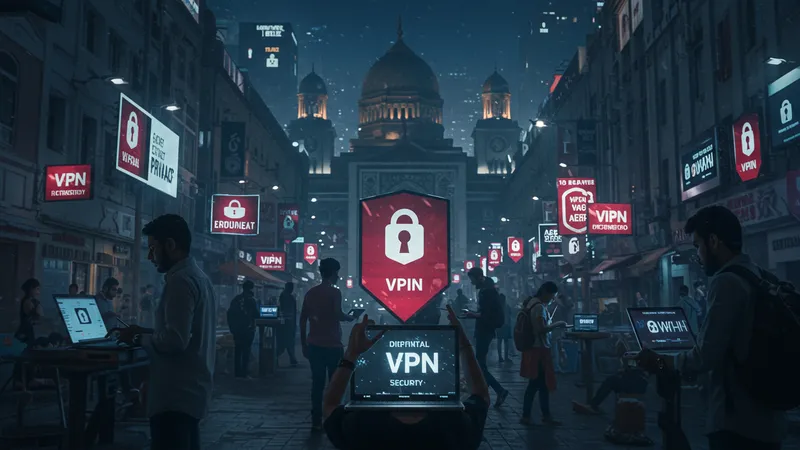
Best VPN Services For Privacy And Security In South Asia
The Unexpected Rise of VPN Popularity
The surge in VPN usage in South Asia is undeniably linked to recent geopolitical events and regulatory changes. Governments have imposed stricter controls on digital content, urging individuals to seek solutions to protect their privacy. In countries like India and Bangladesh, where internet censorship is on the rise, the use of VPNs has gone from a niche tech savior to mainstream necessity. This trend is a significant shift just waiting to be explored further.

But what’s driving this urgency? It’s not merely the increasing number of cyberattacks but also the awareness that personal data is being harvested by large corporations and agencies. Users are starting to realize that the internet isn’t as secure as they once thought. This consciousness has led to a changing landscape in how internet safety is perceived, especially concerning data privacy.
Moreover, VPN providers are stepping up their game by offering unique features previously unheard of, like advanced encryption protocols and a no-logs policy. These innovative solutions have not just encouraged VPN growth but have also heightened competition among providers. As consumers, the onus is on us to discern which service genuinely offers privacy versus those who merely promise it.
Despite the advantages, a critical leap remains—educating users about choosing the right VPN tailored to their needs. With an overwhelming number of options, selecting the right one is fraught with complexity. But there’s one more twist…





